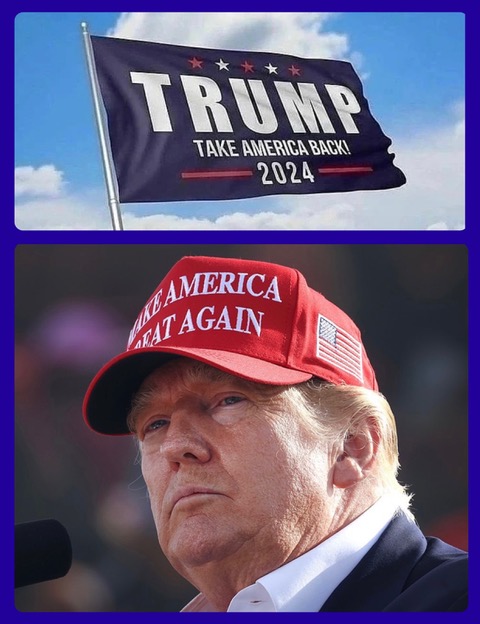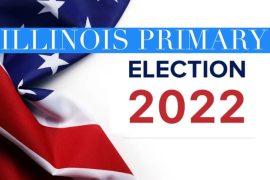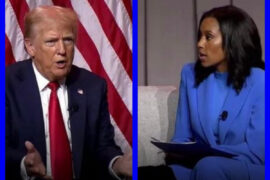America’s democracy is challenged. The country is clearly at a crossroads. The party of Lincoln has become the party of Trump. Does it matter if he runs for President? Not really because he is what the new media would call an “influencer.”
His influence is real; his racist behavior has taken hold. He has the judges on the bench, however, so far, they honestly look like they may have to step back and reel in Trump, yet there is still the Trump factor, as he and his many men face jail cells. We listen to the rants of some of these Republican candidates, and they sound like they are loaded for bear if you dare to disagree or challenge their rhetoric. Morality and decency escape the political conversation.
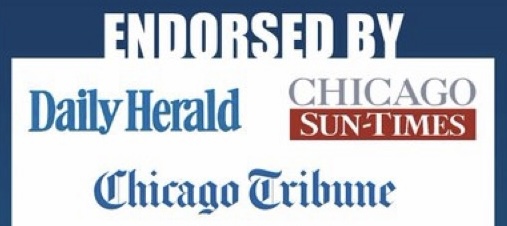
There is yet another threat to democracy in the name of the newspaper endorsement.
Newspapers fight for survival. In 2020 More than 300 US newspapers closed mostly small town and community types. We have seen the more prominent newspapers adapt. The Chicago Sun-Times and The Reader became nonprofit entities, where their legal status changed to stay afloat. It means, however, they give up real power, that is, the power of the endorsement of a politician.
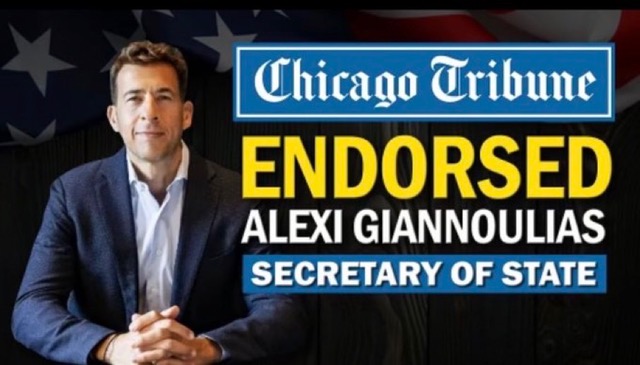
It is being said that in 2023 the Chicago Tribune will give up endorsing top-tier candidates (President of the United, Senate, and Governor) for fear of losing subscribers to the unendorsed. When newspapers give up endorsement, they are giving up a basic responsibility to the public. They are supposed to endorse. They are supposed to profile and analyze the candidate, through investigation and editorial board meetings and make a decision for the best candidate i.e. the endorsement. They are suppose to make a recommendation to the public.
This is a newspaper’s responsibility. Television cannot endorse; they can hold debates and showcase the candidates to the public. Because of the television spending with TV commercials, the endorsement is out of order for the station. TV will not risk millions of political money from the Democrats or the Republicans with an endorsement. They believe in equal-opportunity advertising.

Enters social media – Facebook, Twitter, YouTube, and the like do not officially endorse candidates. You are not allowed to boost posts if there is any political nuisance. Bloggers can endorse, but it is only for their population.
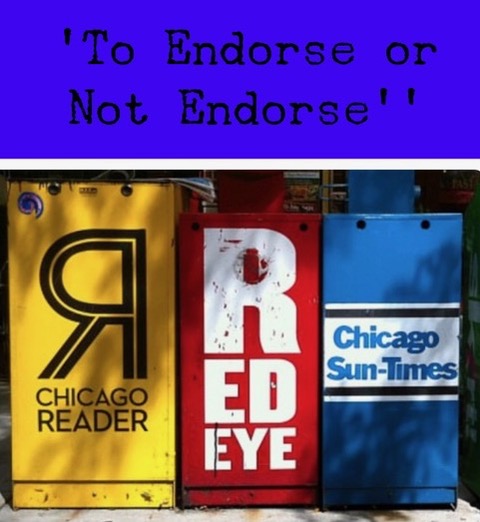
In the last election, the stats showed that the younger the voter, the least likely they were to vote. I was stunned that only 10% of Chicago’s young eligible voters voted. So I asked the youth under 25 why they didn’t vote in a random survey. And they said they were confused and that too many were running and didn’t know who they were. They said you didn’t tell us whom to vote for. That said, newspapers are and have relinquished a responsibility in giving up endorsements.
The political landscape will be affected by confusion for the masses. Politicians will rely even more on television ads to communicate messages. They can tell lies without challenge. They can provide fake news. They can lie about their opponent. They lie about their accomplishments. Campaigns will come down to algorithms and propaganda; American politics is becoming a hobby game for the rich.
Endorse That is A Newspaper Question.
The alternative to the significant newspaper endorsement will be some community press and perhaps some columnists who have become bloggers. But the public will miss the power of newspapers endorsing candidates.
Endorsements matter.


